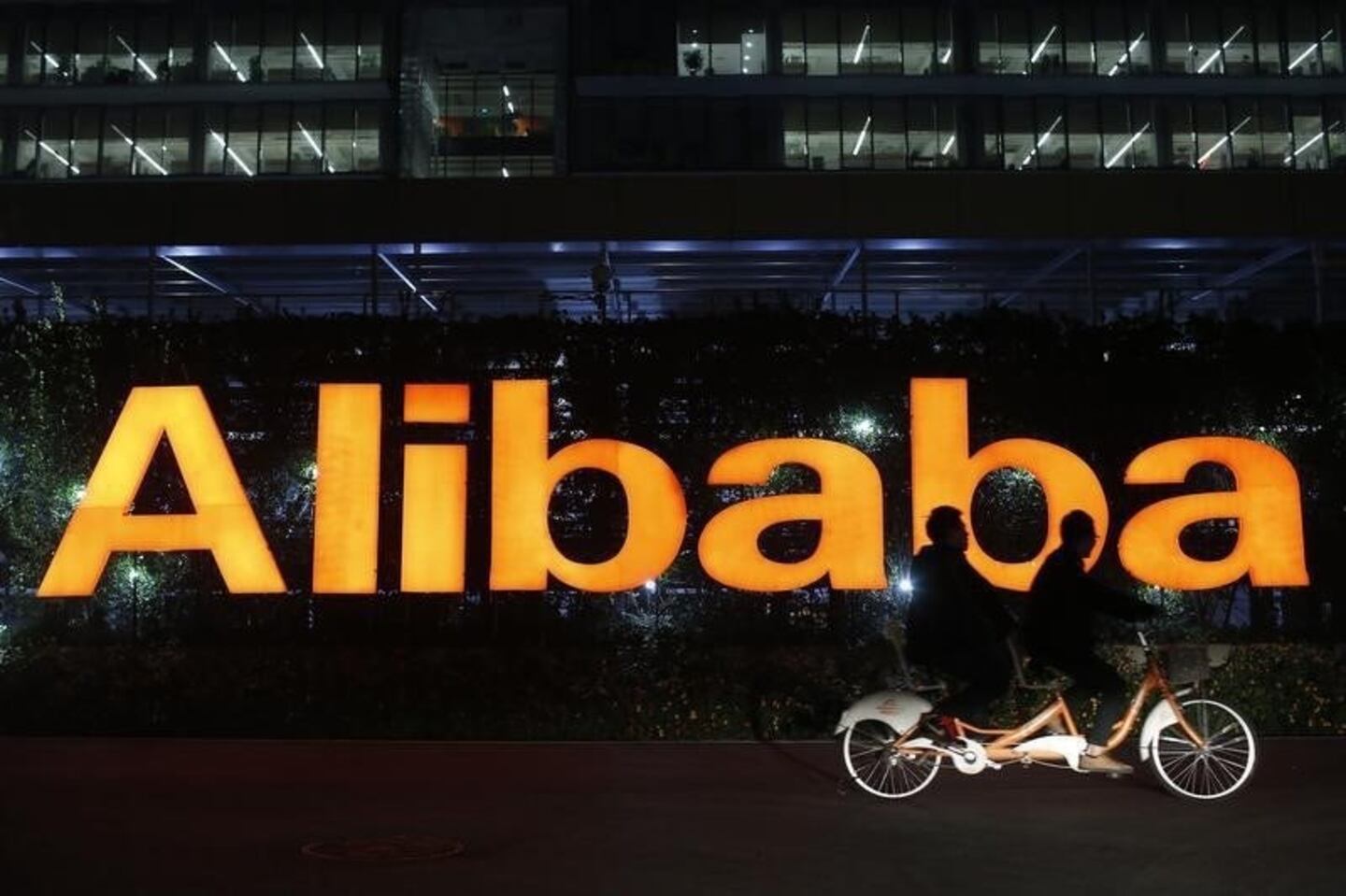
The Business of Fashion
Agenda-setting intelligence, analysis and advice for the global fashion community.

Agenda-setting intelligence, analysis and advice for the global fashion community.

Alibaba Group Holding Ltd. led a selloff in Chinese tech giants triggered by fears antitrust scrutiny will spread beyond Jack Ma’s Internet empire and ensnare more of the country’s most powerful corporations.
China’s e-commerce leader on Monday raised a proposed stock repurchase program by $4 billion to $10 billion, effective for two years through the end of 2022. The buyback program, which began this quarter, failed to stem a slump in the shares, which slid more than 5 percent in Hong Kong to a six-month low.
Once hailed as the standard-bearers of China’s economic and technological ascendancy, Alibaba and rivals like Tencent Holdings Ltd. now face increasing pressure from regulators worried about the speed with which they’re amassing hundreds of millions of users and gaining influence over almost every aspect of daily life. Alibaba has shed more than $230 billion from its peak, battered by the deepening scrutiny and allegations of monopolistic practices at the crown jewel of billionaire Jack Ma’s empire.
Shares in Tencent and Alibaba rival JD.com Inc. slid roughly 2 percent in Hong Kong, while food delivery giant Meituan tumbled more than 4 percent as investors feared the antitrust net might widen further. Affiliate Alibaba Health Information Technology Ltd. posted its biggest two-day slump since July 2015. The People’s Daily — the Communist Party mouthpiece — ran a commentary over the weekend warning Alibaba’s peers to take the antitrust investigation into Alibaba as a chance to lift their own awareness of fair competition.
ADVERTISEMENT
“The Chinese government is putting more pressure or wants to have more control on the tech firms,” Jackson Wong, asset management director at Amber Hill Capital Ltd., said by phone. “There is still very big selling pressure on firms like Alibaba, Tencent or Meituan. These companies have been growing at a pace deemed by Beijing as too fast and have scales that are too big.”
The State Administration for Market Regulation kicked off an antitrust investigation into Alibaba last week and dispatched officials to its Hangzhou headquarters, marking the formal start of the Communist Party’s crackdown on the company that made Ma the country’s best-known entrepreneur. On Sunday, Chinese regulators ordered Ma’s other online titan — Ant Group Co. — to return to its roots as a provider of payments services, threatening to throttle growth in its most lucrative businesses of consumer loans and wealth management.
Ma, the flamboyant co-founder of Alibaba and Ant, has all but vanished from public view since Ant’s initial public offering got derailed last month. As of early December, the man most closely identified with the meteoric rise of China Inc. was advised by the government to stay in the country, a person familiar with the matter has said.
Ma isn’t on the verge of a personal downfall, those familiar with the situation have said. His very public rebuke is instead a warning Beijing has lost patience with the outsize power of its technology moguls, increasingly perceived as a threat to the political and financial stability President Xi Jinping prizes most.
Investors remain divided over the extent to which Beijing will go after Alibaba and its compatriots as Beijing prepares to roll out the new anti-monopoly regulations. The country’s leaders have said little about how harshly they plan to clamp down or why they decided to act now.
Some analysts predict there’s a crackdown coming, but a targeted one. They point to language in the regulations that suggests a heavy focus on online commerce, from forced exclusive arrangements with merchants known as “Pick One of Two” to algorithm-based prices favoring new users. The regulations specifically warn against selling at below-cost to weed out rivals.
“As this latest investigation occurs at a time when China is ready to take action against monopolistic practices, we think SAMR might want to use BABA’s case as a precedent to send a message to the rest of the industry that the authority is determined this time to address the” pricing issue, Nomura analysts wrote in a note Monday.
By Coco Liu
This week’s round-up of global markets fashion business news also features the China Duty Free Group, Uniqlo’s Japanese owner and a pan-African e-commerce platform in Côte d’Ivoire.
Affluent members of the Indian diaspora are underserved by fashion retailers, but dedicated e-commerce sites are not a silver bullet for Indian designers aiming to reach them.
This week’s round-up of global markets fashion business news also features Brazil’s JHSF, the Abu Dhabi Investment Authority and the impact of Taiwan’s earthquake on textile supply chains.
This week’s round-up of global markets fashion business news also features Dubai’s Majid Al Futtaim, a Polish fashion giant‘s Russia controversy and the bombing of a Malaysian retailer over blasphemous socks.